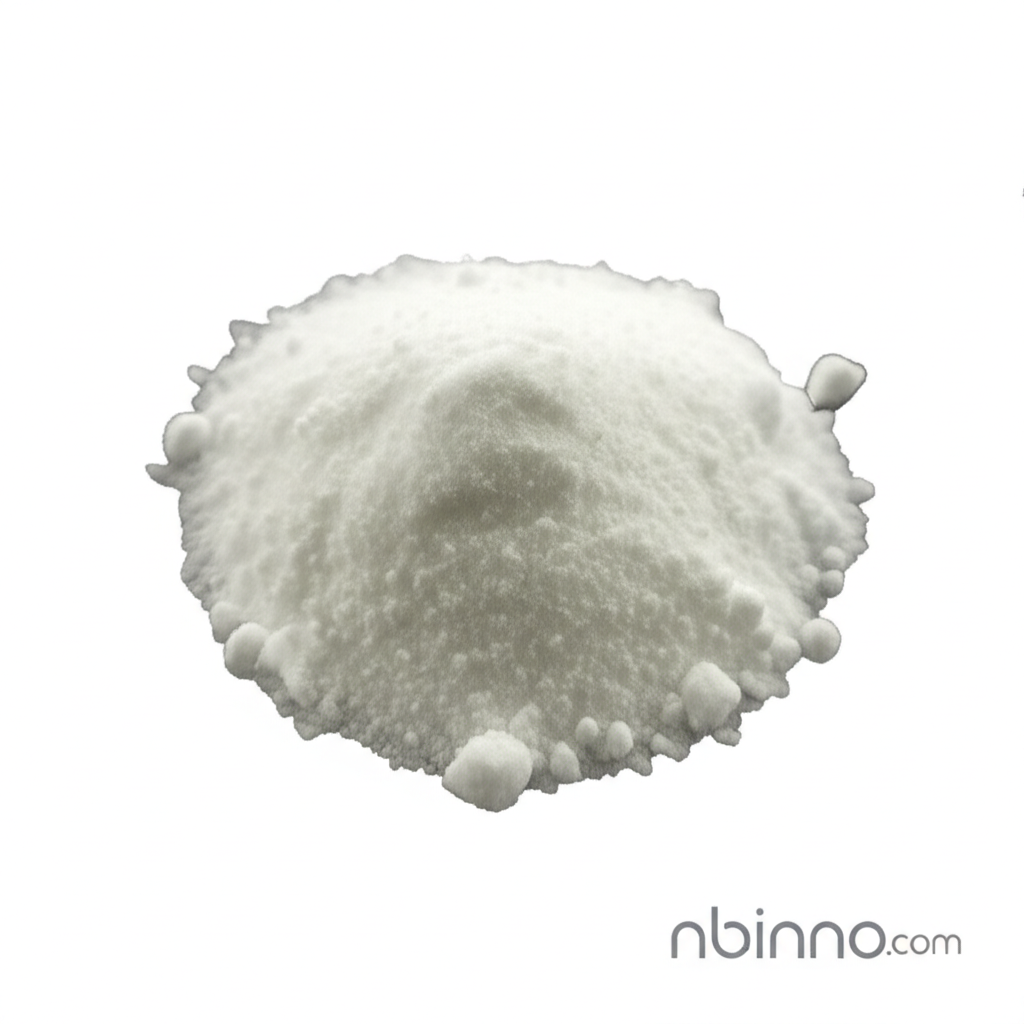3-Iodo-4-methylbenzoic Acid: A Versatile Aromatic Building Block
Discover the potential of this key aromatic compound in pharmaceuticals and advanced materials.
Get a Quote & SampleProduct Core Value

3-Iodo-4-methylbenzoic Acid
This compound serves as a crucial aromatic building block, offering a unique combination of an iodine substituent, a carboxyl group, and a methyl substituent. Its versatility makes it highly valuable for a range of advanced chemical applications.
- Explore the diverse applications of 3-iodo-4-methylbenzoic acid, particularly its role as a key pharmaceutical intermediate.
- Learn about the synthesis pathways and advantages of using 3-iodo-4-methylbenzoic acid in various chemical reactions.
- Understand why this compound is considered an essential building block for advanced organic synthesis and material science.
- Discover the suitability of 3-iodo-4-methylbenzoic acid as a cosmetic raw material, offering unique properties for formulation.
Key Advantages
Chemical Versatility
The presence of iodine, carboxyl, and methyl groups allows for extensive chemical modifications, making it a cornerstone for complex organic synthesis. This feature is vital for developing novel compounds, as highlighted in discussions about cross-coupling reactions.
Pharmaceutical Utility
As a pharmaceutical intermediate, it contributes to the synthesis of active pharmaceutical ingredients (APIs), including nonsteroidal anti-inflammatory drugs. Its structure can be tailored to enhance drug bioavailability, a critical factor in drug development.
Advanced Material Potential
Its role extends to the creation of advanced materials like metal-organic frameworks (MOFs) and liquid crystals, showcasing its importance in cutting-edge material science research and development.
Key Applications
Pharmaceutical Synthesis
Used as a vital intermediate in the production of various pharmaceuticals, contributing to the development of new therapeutic agents.
Cosmetic and Personal Care
Serves as a valuable raw material in cosmetic formulations, potentially offering unique properties for skincare and haircare products.
Organic Synthesis
Facilitates crucial chemical transformations, particularly in cross-coupling reactions like Suzuki and Heck, enabling the creation of complex molecular structures.
Materials Science
Acts as a precursor for advanced materials, including metal-organic frameworks (MOFs) and liquid crystals, driving innovation in material design.
